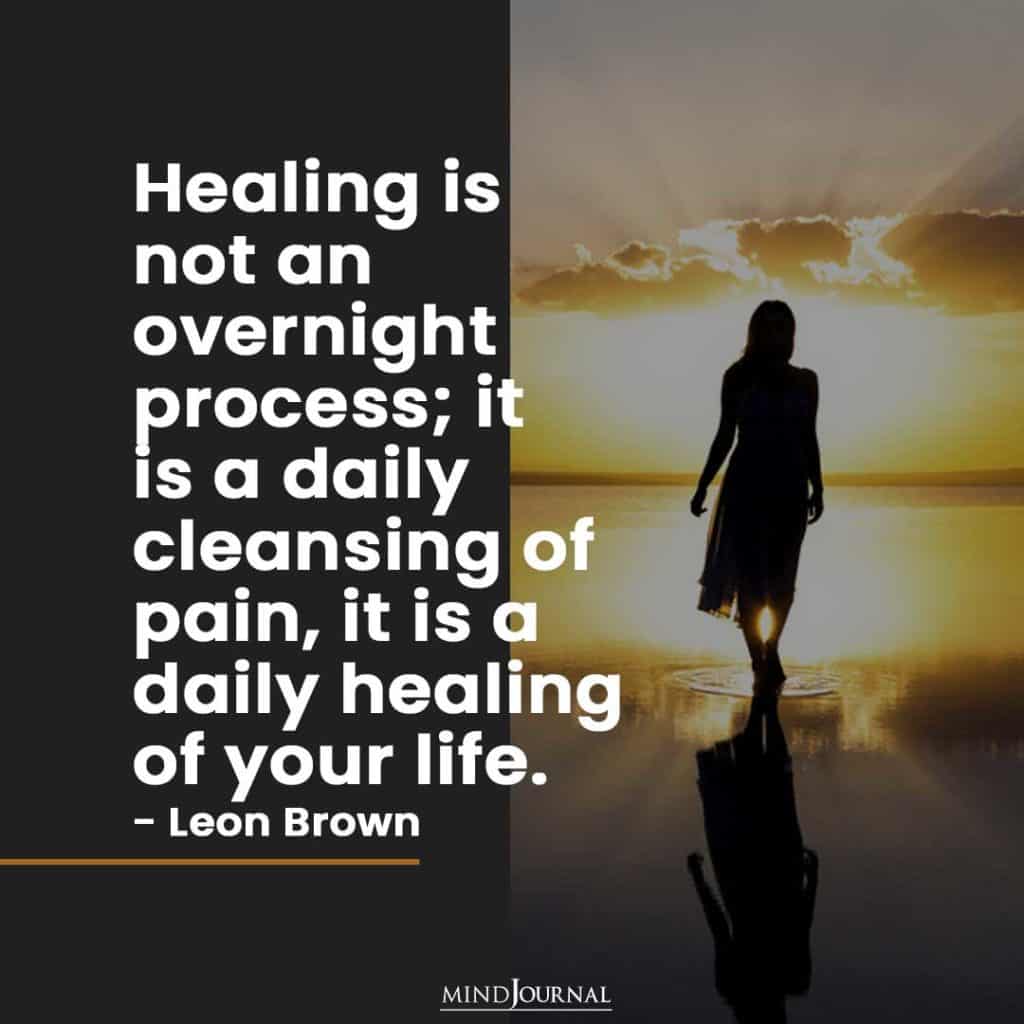Those who reflect on things that they are grateful for, tend to live happier lives. Learn the healing power of gratitude and how gratitude changes you and your brain.
There is a range of experiences in life, some of which cannot be forgotten. Some moments are blissful, some painstakingly difficult, and others neutral. Together, we currently face an extremely difficult time. Are you ready for healing?
In this article, I will review some of the evidence that a regular gratitude practice can help upgrade our experiences, shifting our outlook on and experiences in life to more satisfying ones, especially in times of difficulty.
Learn The Healing Power Of Gratitude This Thanksgiving
In the Journal of Clinical Psychology, Dr Robert Emmons and Dr Robin Stern write that gratitude “may spontaneously catalyze healing processes,” and that, “relatively easy techniques can be included to increase gratitude alongside existing clinical interventions.”
Further, in their conference paper, researchers Kimberly Glasgow et al. state that, “Gratitude has been found to be psychologically protective,” especially after natural and man-made disasters. Glasgow et al. conclude in their paper by saying, “Gratefulness is an important factor in resilience and healing after a disaster.”
Read 25 Signs You Have a Wounded Inner Child and How to Heal
Perhaps in this current time when so many of us are looking to protect, heal, or stay strong, gratefulness can come to our rescue.

How does the healing process even work, psychologically speaking? With or without coronavirus, we each have experienced mental and emotional ups and downs that healing could aid. Yes, there are connections between the brain and our immune system that may only begin to explain some of how that kind of healing works.
Still, the neuroscience of psychological healing is complex enough to admit we don’t have it figured all out.
Indeed, trying to explain any neuroscience behind the entire “healing process” is somewhat daunting. Yet some researchers have studied gratitude’s specific effects on patients and their well-being.
Read 6 Yoga Mudras To Heal Common Ailments
How does gratitude work to support psychological healing?
A 2019 study looking at the expression of gratitude among breast cancer patients gives some insight. The study looked at 42 breast cancer patients who were women.
The study found that women who listed reasons for feeling gratitude daily “led to higher levels of daily psychological functioning, greater perceived support, and greater use of adaptive coping strategies.”

That means that being grateful helped women fighting breast cancer feel better in terms of self-esteem, optimism, acceptance of illness, and affect—as well as a stronger support system and an increased ability to cope with change.
If gratitude can help provide support, is “psychologically protective,” and may aid in the healing process, then there is all the more reason to share in a gratitude practice right now. Our collective health can benefit greatly—while our outlook on life can simultaneously brighten considerably.
Please share this article with anyone who you may think will find it valuable and helpful.
References 1. Emmons, R. and Stern, R. (2013). Gratitude as a Psychotherapeutic Intervention. Journal of Clinical Psychology, 69, 846-855. 2. Glasgow K., Vitak J., Tausczik Y., Fink C. (2016). “With Your Help... We Begin to Heal”: Social Media Expressions of Gratitude in the Aftermath of Disaster. In: Xu K., Reitter D., Lee D., Osgood N. (eds) Social, Cultural, and Behavioral Modeling. SBP-BRiMS 2016. Lecture Notes in Computer Science, vol 9708. Springer, Cham. 3. Sztachańska, J., Krejtz, I. and Nezlek, J.B. (2019). Using a Gratitude Intervention to Improve the Lives of Women With Breast Cancer: A Daily Diary Study. Frontiers in Psychology, 10, 1365.
Written by: Ms. Najma Khorrami, M.P.H Originally appeared on: Psychology Today Republished with permission











Leave a Reply